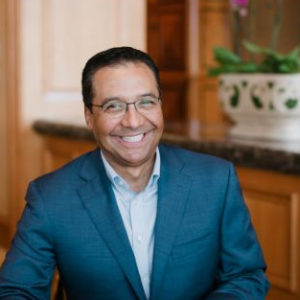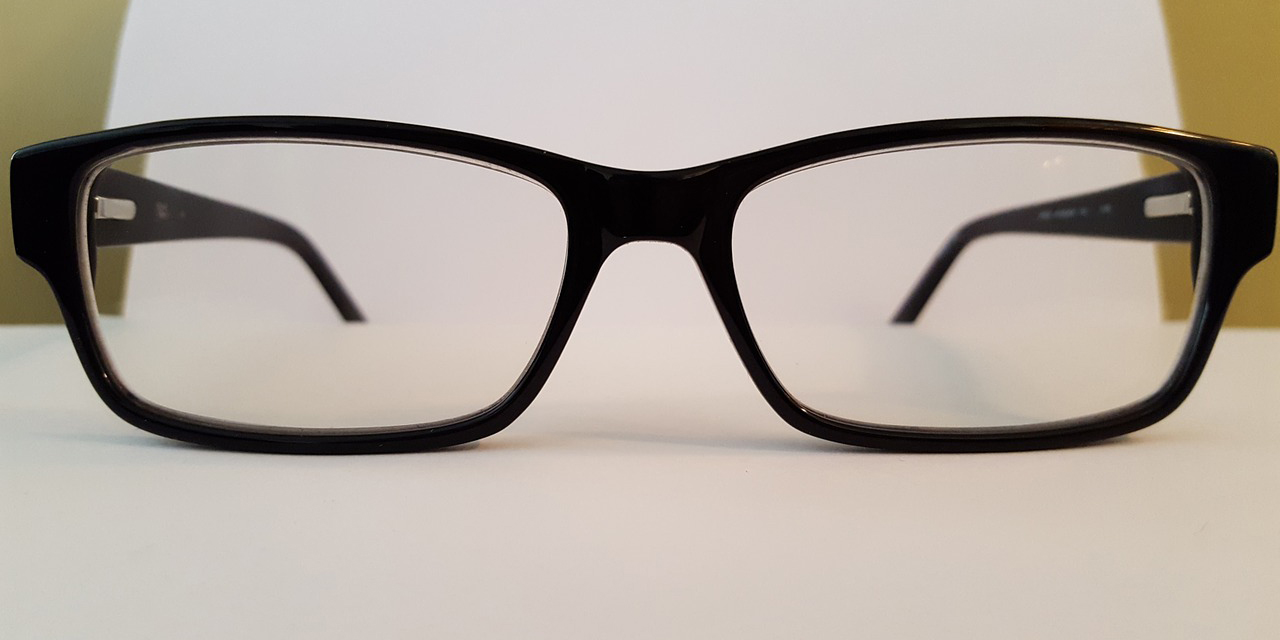How did Michael Dominguez start out in hospitality? “Purely by accident,” Dominguez, CHSE, laughing, said in a recent interview with HSMAI. When he was 15, he got a job busing tables at the Hyatt Regency San Antonio. Earlier this month, he became president and CEO of Associated Luxury Hotels International (ALHI).
 In the nearly 40 years in between, Dominguez has done just about everything you can do in the hotel business. He stayed with the Hyatt while starting school at the University of Texas at San Antonio, and soon found himself running the property’s restaurants. Then he worked in banquets. “That all moved really, really quickly for me,” Dominguez said.
In the nearly 40 years in between, Dominguez has done just about everything you can do in the hotel business. He stayed with the Hyatt while starting school at the University of Texas at San Antonio, and soon found himself running the property’s restaurants. Then he worked in banquets. “That all moved really, really quickly for me,” Dominguez said.
He ended up spending nine years doing F&B operations for Hyatt before moving into sales — including stints as vice president of sales and services at the Palm Springs convention bureau, vice president of global sales for Loews, and, most recently, senior vice president and chief sales officer for MGM Resorts International, plus terms as president of MPI and co-chair of the Meetings Mean Business Coalition. Dominguez didn’t realize he was ready to run a company like ALHI until they asked him. The fact that he’ll be relocating from Las Vegas to Dallas for the job, closer to his aging parents in San Antonio, is a bonus. “This is just something that came out of the blue for me,” he said, “and the timing seemed to be right for my life, personally and professionally.”
What’s kept you in the hospitality industry for so many years?
I love that I have my whole day planned out, and it’s shot to hell by 9 a.m. I think that is what is fascinating about our industry, and anybody who knows me knows that I like to be challenged. I like to think. And the thing about our industry is, even if two days look the same, they always look different, because the people you’re dealing with are going to change every day. I’m one who likes to meet people, and in this industry, you’re going to meet and continue to grow and network. I don’t know many industries that have that same opportunity that the hospitality industry provides us. In addition to that, I think the hospitality industry is an extension of the entertainment industry, and there’s just so much energy that it excites me.
What are some of the skills that have been most valuable to you in your career in hospitality sales?
I wish all salespeople could go through operations at some point. I find that some of my best young salespeople are the ones that are coming from the front desk, coming from some type of services aspect, coming somewhere from operations. For salespeople that have never experienced operations, it’s a longer learning curve to be as successful as those that understand operations, because for those that understand operations, you understand the base and how it’s built. That was very important for me in my career. It allowed me to have, most importantly, really strong relationships with every executive committee I’ve ever been a part of, because my accounting people know that I understand a P&L.
Has your background in sales helped prepare you for your new CEO role?
Well, I think what’s interesting is, my objective as I was advancing my career was to basically have the broadest base of experience I possibly could. And what I mean by that is, I’ve worked with independents, I’ve worked with brands, I’ve worked in small hotels, I’ve worked in luxury, I’ve worked in larger group boxes. That experience makes my perspective very broad-based. I talked to my new chairman today, and one of the things he said is, “You’re an out-of-the-box thinker, Mike. It’s why we hired you.” And one of the reasons I can be an out-of-the-box thinker is because I don’t know one way to do it. My broad base of experience in my career has shown me there’s literally 10 ways you could approach it, and what you have to look at are the circumstances and understand what’s the best approach from that toolbox of experiences.
What are your immediate priorities for ALHI?
One of the biggest things is to listen and learn. I need to hear from our members and hear from our staff to find out what are the largest opportunities and what are the largest obstacles. I’ve approached any new role the same way. I need to have a great understanding, and I need to listen to the people that have to deal with it every day. And then I will be able to develop a strategy with those teams to figure out what’s going to be the best path forward. The one absolute I can tell you, moving forward, is to make sure that ALHI has the same focus and presence in making our industry stronger. You’re going see ALHI play a very active role in a lot of the industry organizations. We will become a member of the U.S. Travel Association. We will become a member of the Meetings Mean Business Coalition, because it is important for us to be able to advocate and drive for the health of our industry.
What are some emerging trends that you’re seeing in the hospitality space that really excite you?
Everybody has heard me talk about it ad nauseum, but health and wellness and what that looks like from a behavioral science perspective is not a trend, it is the reality of where we are. I am excited to bring some of those learnings and figure out how we leverage that within this portfolio. But just as an industry, for us to start looking at behavioral science, to look at physical environments, to look at circadian rhythm and knowing how that plays with our bodies through the day when you’re sitting in an eight-hour meeting — I’m just excited that we’re finally moving into an area that behavioral science is becoming part of our DNA as an industry, because it’s so necessary.
What advice would you give to a younger professional who is just entering the hospitality space?
It’s the same advice I give to every university class I speak to: First and foremost, get over yourselves and approach everything with a great deal of humility. And I mean that sincerely. I am not one of those that believe you have to earn your stripes and serve so many years — that’s not my point. My point is, there is no substitute for experience and experiencing what you need to that will continue to add to your arsenal and your library of tools as you advance your career. And, again, it’s not about a time issue, because some people learn from that experience in six months, some people take six years. Everybody’s at a different pace, but you cannot have a substitute for experiencing different people you have to lead, different customers you’re going to deal with, different environments.
I spoke to the sales team at MGM a couple of weeks ago. One of the points I made to them is, there is literally half of the sales organization that has never had to sell during a downtown, and a downturn’s coming. But they need that experience to understand how to maneuver through that, and anybody that’s been doing this a long time, we’ve been through those cycles. The more you’ve maneuvered through it, the more you understand how to calm the fears to know that, one, it’s short term and we will come out of this, and two, you also understand what the impact is in coming out of those downturns.
